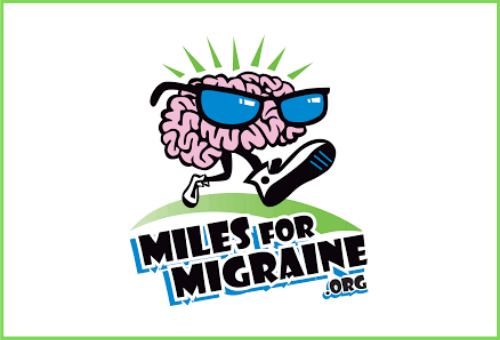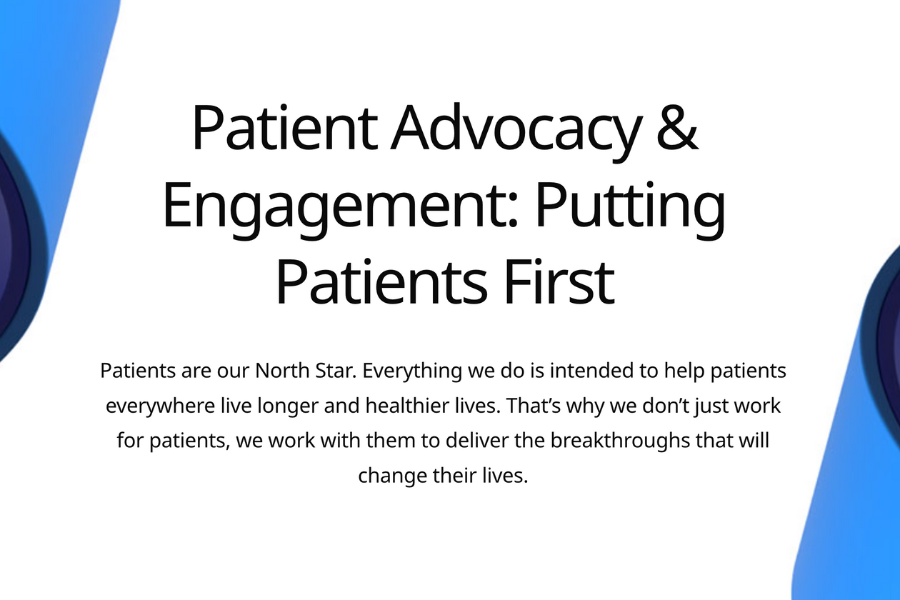Migraine’s Comorbidities: A Look at Associated Conditions
You are currently watching a preview of this interview. Unlock the full version by upgrading to an Access Pass bundle! Get FREE access to 8 expert interviews from Day 1 and Day 2 when you register today!
Key Questions
- What does “comorbid” mean?
- Why is migraine listed as a symptom of so many other diseases, and is this classification accurate?
- What are the most common comorbidities associated with migraine?
- Is there a connection between autoimmune disorders and migraine?
- How are trauma, PTSD, and migraine related?
- Is there a connection between autism, ADHD, and migraine?
- Is there a comorbidity between POTS and migraine?
- What is the relationship between long COVID and migraine?
- What daily strategies can help improve autonomic symptoms?
- What new migraine comorbidities are currently being studied?
Interview Notes
- New England Institute for Neurology & Headache (NEINH)
- Study: “Comorbid and co-occurring conditions in migraine and associated risk of increasing headache pain intensity and headache frequency: Results of the migraine in America symptoms and treatment (MAST) study”
- Article: “Migraine: A Review on Its History, Global Epidemiology, Risk Factors, and Comorbidities”
- Study: “Bidirectional association between migraine and fibromyalgia: Retrospective cohort analyses of two populations”
- “Body pain, Allodynia and Fibromyalgia”
- “Inflammation and Chronic Migraine”
- “Autoimmune Disease and Migraine: What’s the Link?”
- “Autoimmune Disease and Migraine: A Closer Look”
- “Ehlers-Danlos, Connective Tissue Disorders & Migraine”
- “Autoimmune Diseases and Facial Pain”
Treatments Mentioned
- Amitriptyline
- Antihypertensives
- Beta-blockers
- Biofeedback
- Compression socks
- EMDR (Eye Movement Desensitization and Reprocessing)
- Fludrocortisone
- GLP-1 agonist
- Hydration
- Ivabradine
- Ketamine infusion therapy
- Meditation
- Mindfulness
- Nerve blocks
- NSAIDs
- Oral steroids
- Prednisone
- Recumbent exercise
- Sleep
- Sodium intake
- Stimulants
- Stress reduction
- Topiramate (Topamax)
- Trauma therapy
- Venlafaxine
Please note: The Migraine World Summit’s aim is to bring you a variety of perspectives and expertise, independent of bias or judgment. Alternative theories presented in this video have not been medically reviewed. Views expressed in this interview do not necessarily represent the views of the Migraine World Summit. Please always consult your health care professional and do your own research before making changes to your treatment plan.

Peter McAllister, MD, FAAN
Medical Director
New England Institute for Neurology & Headache
Dr. Peter McAllister is board certified in neurology and headache medicine. He is the medical director of the New England Institute for Neurology and Headache and chief medical officer of the New England Institute for Clinical Research and Ki Clinical Research in Stamford, Connecticut.
Dr. McAllister is an associate professor of neurology at the Yale University School of Medicine and clinical professor of neurology and anatomy at the Frank H. Netter School of Medicine at Quinnipiac University. He is a fellow of the American Academy of Neurology and an executive board member of the Headache Cooperative of New England.
He is recognized as a “Top Neurologist” by U.S. News & World Report and also listed as a “Top Doc” in Connecticut, metropolitan New York City, and Fairfield County.
Dr. McAllister lectures internationally, has been a principal investigator on over 350 clinical trials, and has authored more than 100 articles and book chapters in the lay and scientific press.

Get all the 2025 interviews, videos, audio, transcripts, and more. Why upgrade?
- Can’t attend live? Watch anytime
- Prefer reading or listening? Get transcripts and audio
- Want to dive deeper? Explore the additional footage & resources
- Need ongoing support? Reference expert advice year-round
- Lifetime access to 2025, no annual fee
Related Talks for: Day 3 (2025)
Part II: Preventing & Reversing Chronic Migraine
Richard B. Lipton, MD
How Poor Sleep Worsens Migraine: What You Need to Know
Lauren R. Natbony, MD, FAHS
How Sinuses, Allergies & Weather Affect Migraine
Vince Martin, MD, AQH
Miles for Migraine is a registered 501(c)(3) nonprofit organization with the mission of improving the lives of people with migraine and other headache disorders, and their families, by raising public awareness about this disease, and helping to find a cure. Miles for Migraine produces fun walk/run events, typically a 2-mile walk and 5K and 10K races to raise money for migraine research. We also host adult education days, and a youth program for kids and teens impacted by migraine and other headache disorders.
Pfizer's purpose is breakthroughs that change patients’ lives. We pursue that goal relentlessly and innovate every day to make the world a healthier place. It was Charles Pfizer’s vision at the beginning and it holds true today.

You're not alone—many could benefit from these expert insights. Invite a friend, family member, caregiver, or healthcare provider to watch. Give the gift of health with an All Access Pass. Share the knowledge, make a difference!







